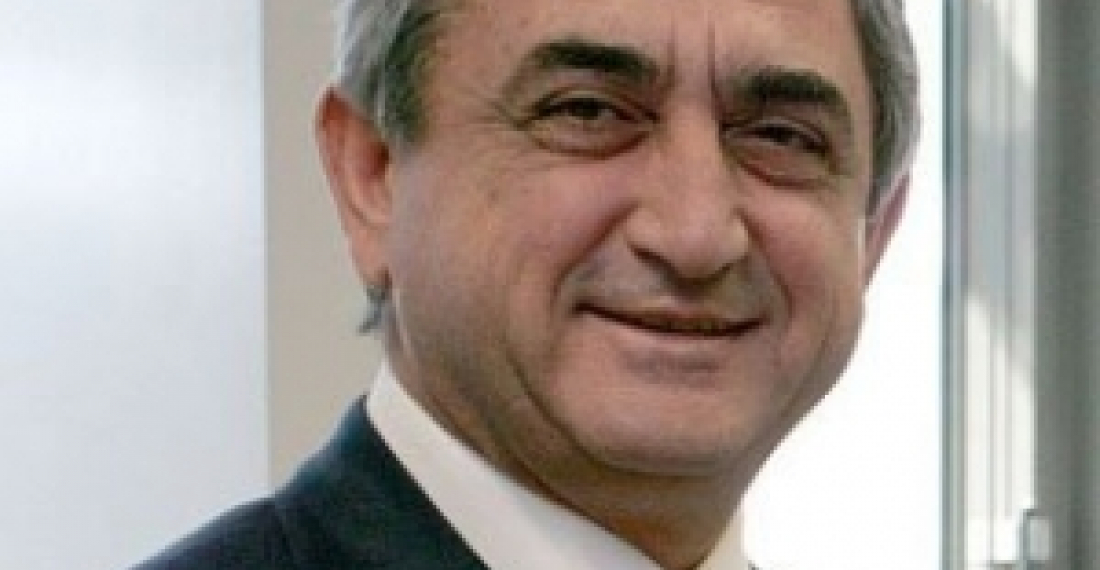Dear Fellow Citizens,
I congratulate you on the occasion of the Constitution Day.
The referenda on the adoption and introduction of the amendments clearly showed the stance of the people of Armenia regarding the kind of country they want to live in. It was an uncontestable choice and respect toward and commitment to that choice is our sacred duty.
The Constitution reflects our determination to create a social, law-governed, and democratic state. Much has been done for bringing the Constitution to life; however, we should admit that much has not been fully realized yet. Today, through our steps and our resolve we must be able to give a new impetus to further democratization of the country. The Rights and Liberties of our citizens enshrined in our Constitution must enter every home and every office, every town and every village; they must become not only Constitutional norms but norms of life. We can do it because there is political will of the authorities and sincere desire of the vast majority of our people.
Dear Compatriots:
I once again extend my congratulations on this holiday and wish us all to have every opportunity to fully enjoy the wide spectrum of human rights and liberties which we have predetermined through our own choice.
Source: www.president.am







